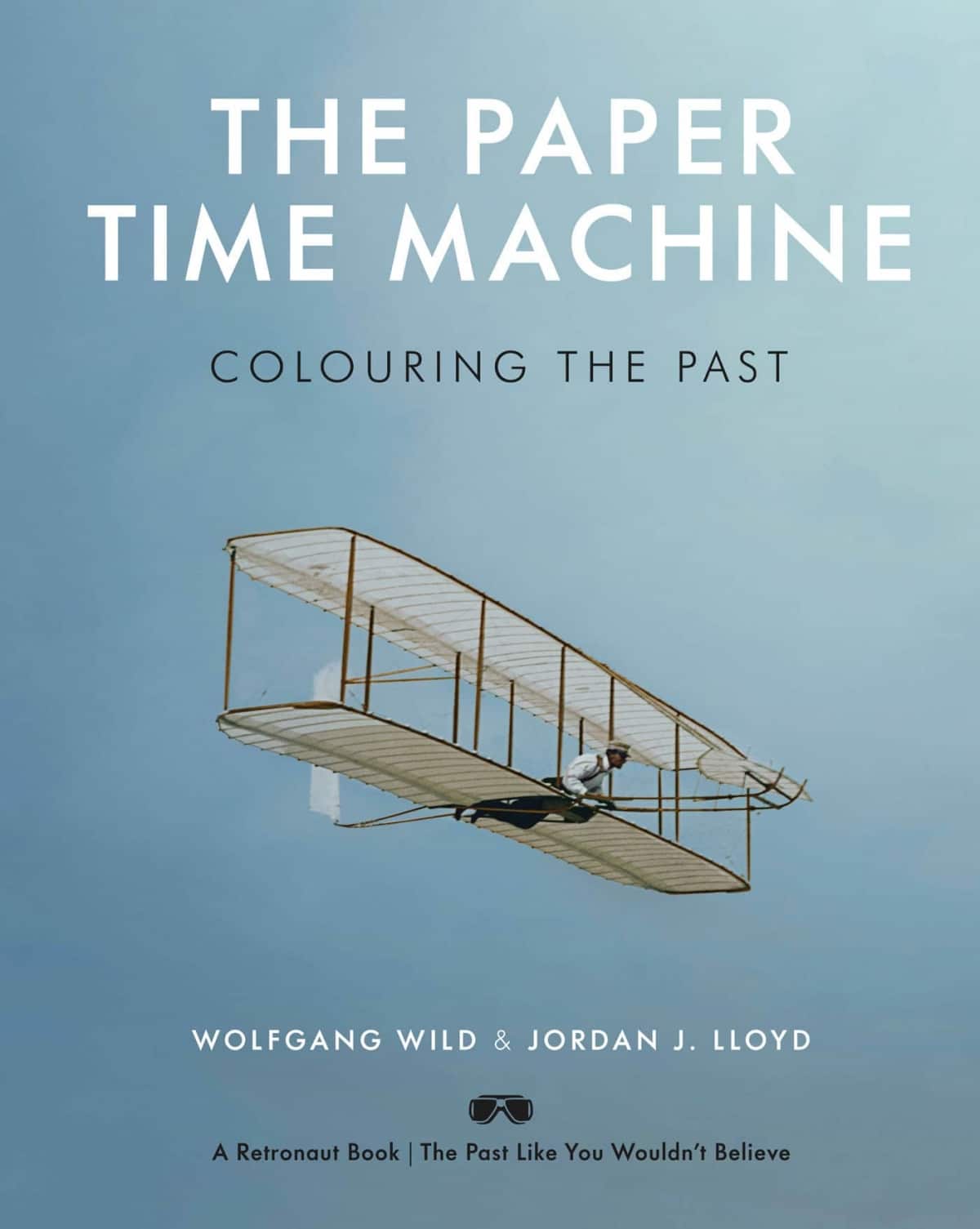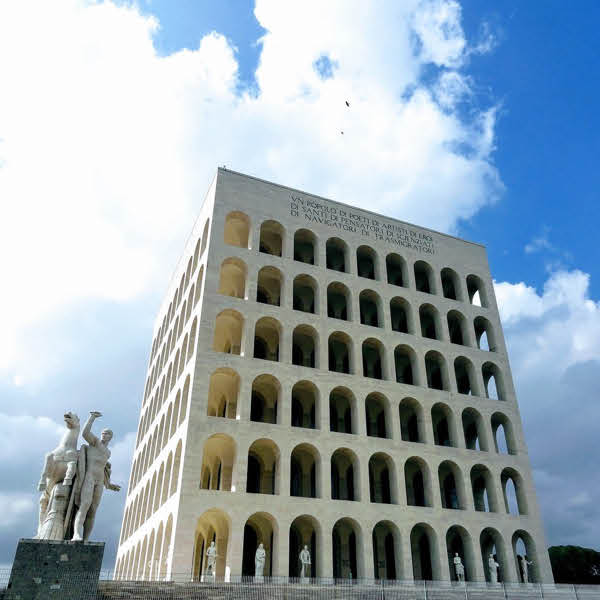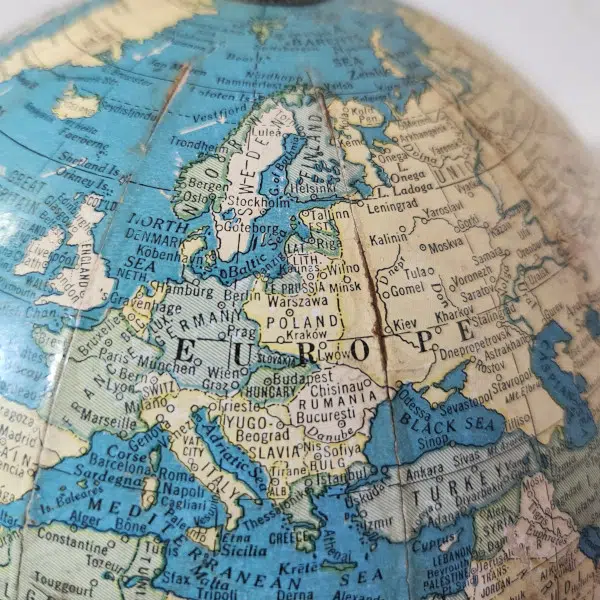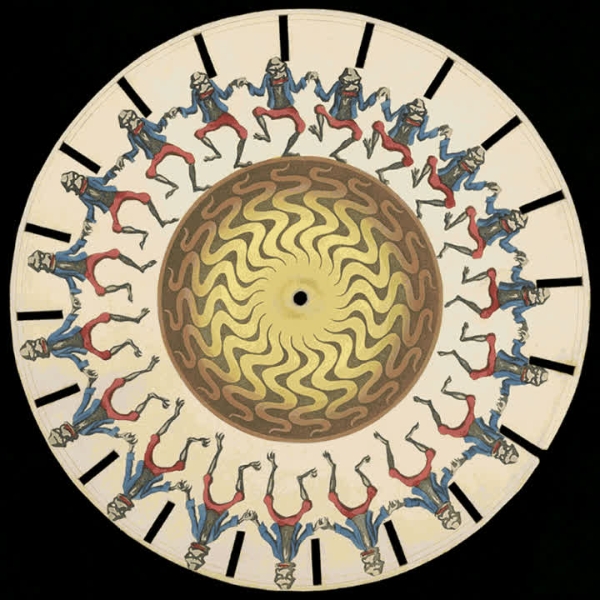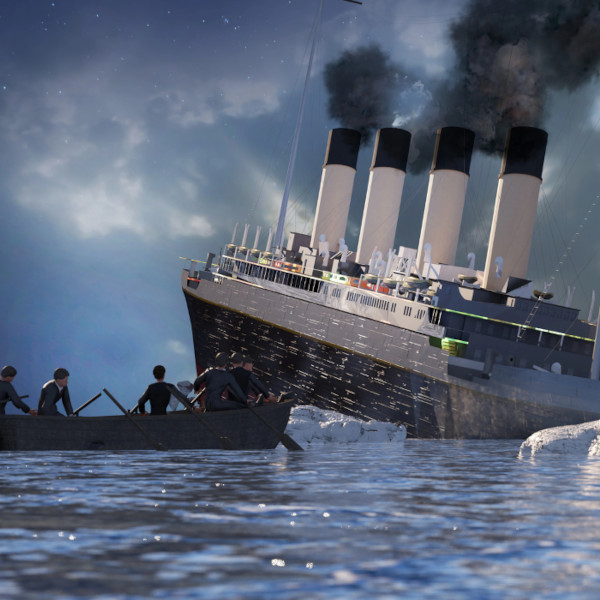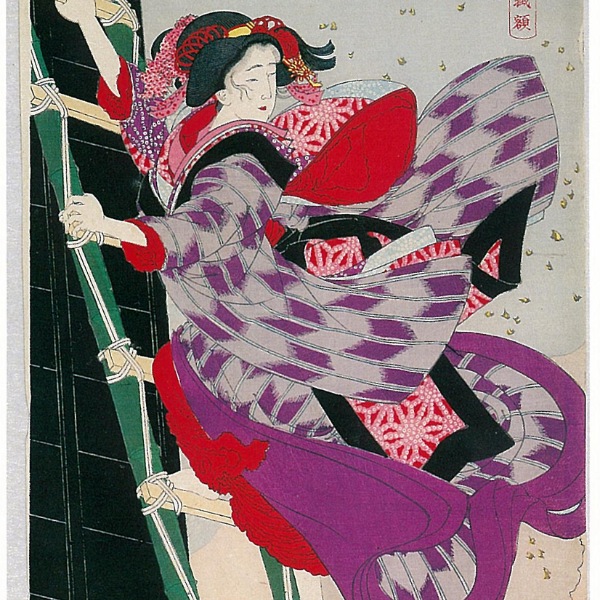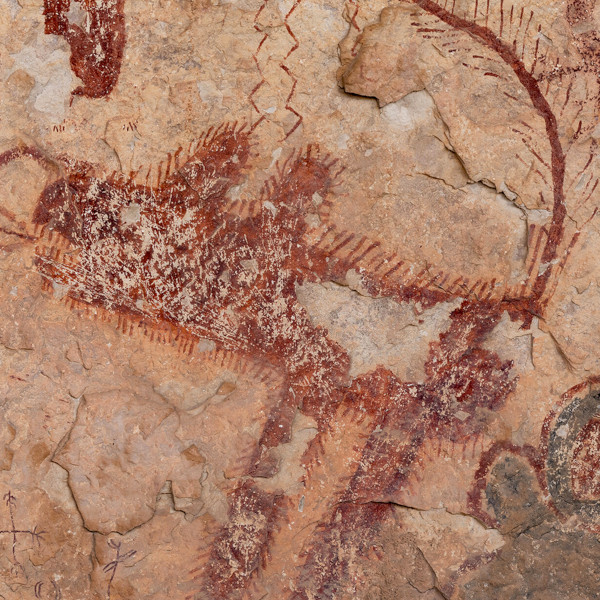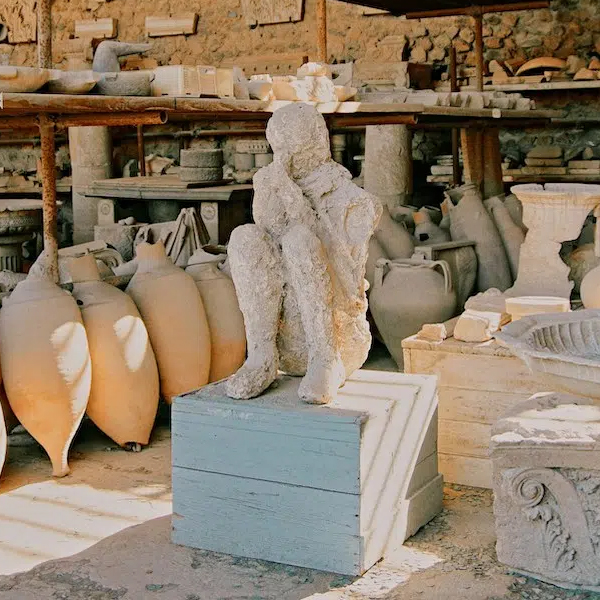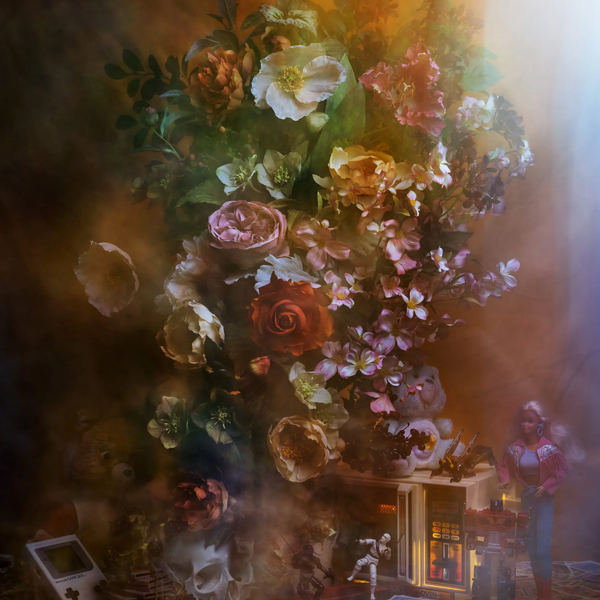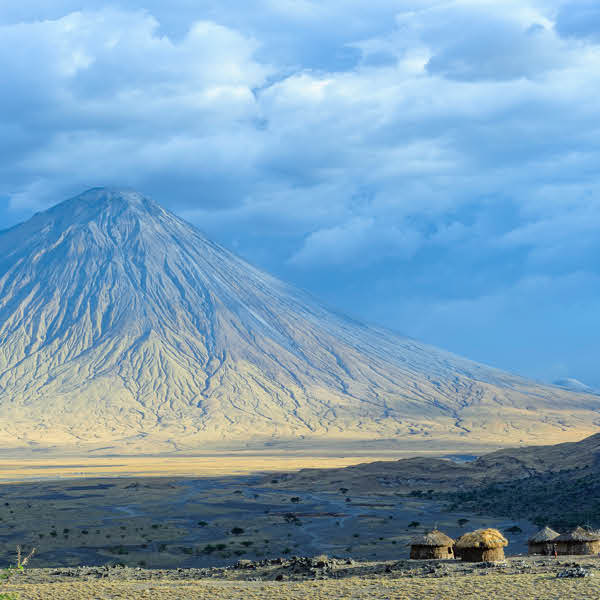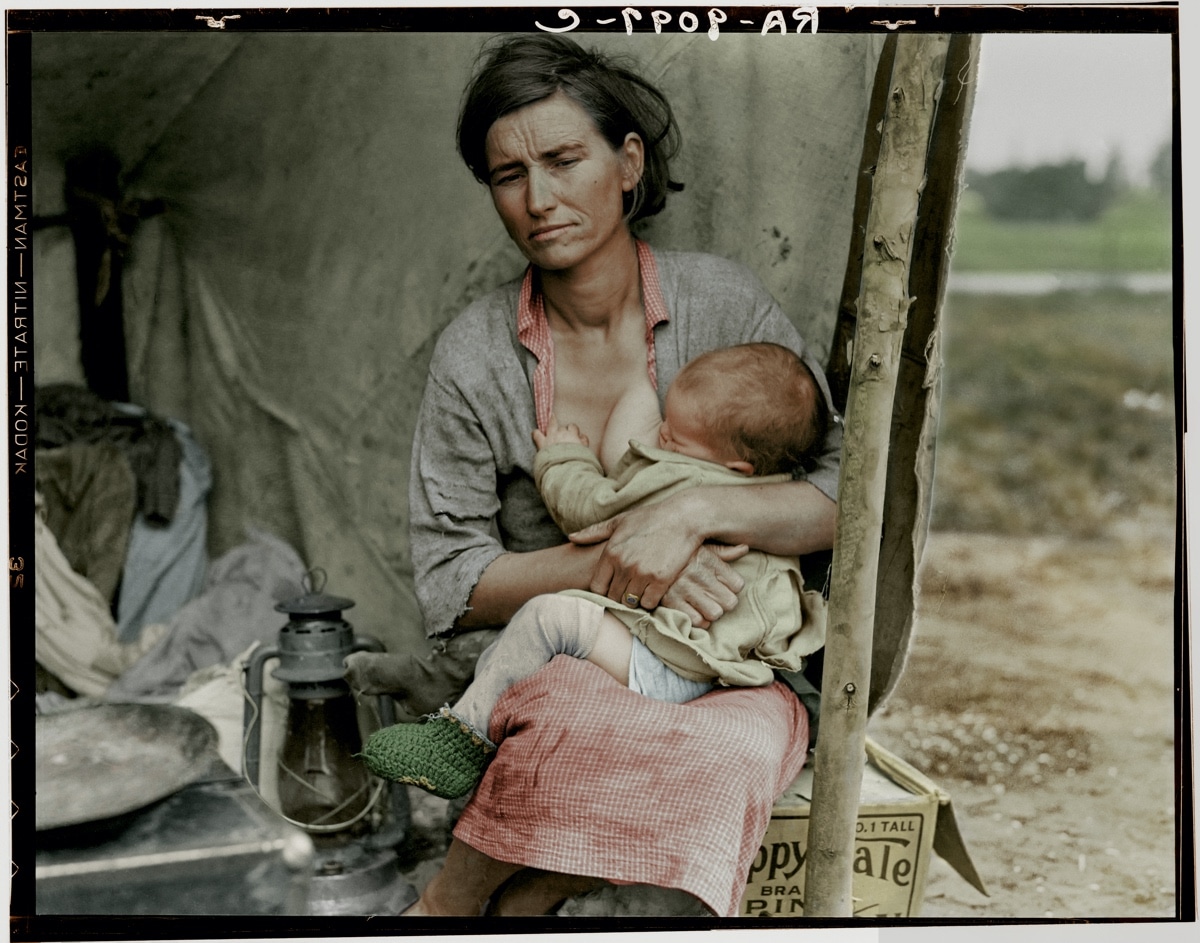
Florence Thompson with one of her children, Watsonville, California, 1936. (Photo: Dorothea Lange/Library of Congress)
This post may contain affiliate links. If you make a purchase, My Modern Met may earn an affiliate commission. Please read our disclosure for more info.
Bringing a bit of color to history, The Paper Time Machine is an incredible collaboration between Wolfgang Wild (the creator and curator of Retronaut) and Jordan Lloyd of Dynamichrome. In this book, over 100 photographs have been painstakingly researched and restored in a manner that brings history to life.
From iconic photos like Dorothea Lange's Migrant Mother and Lewis Hine‘s Powerhouse Mechanic to glimpses of famous monuments under construction, the vibrant detail highlighted in each image is incredible. In the book, each of the 124 colorized photos is juxtaposed with its black and white version, allowing readers to see just what a difference a little color can make.
Included among the photographs are a set of images from Ellis Island, originally taken in the 1900s. Lloyd expertly brings color and character to these anonymous immigrants from around the world as they hope for better lives in the United States. Through color, these subjects somehow seem closer to us and our own time, connecting history and the issues we are currently facing.
As Lloyd poignantly puts it: “These details bridge the gap between decades to something that everyone can suddenly relate to—seeing something from that long ago in color helps us understand it a little better because color plays a major part in how we interact with the world.”
Thanks to expert colorizations by Jordan Lloyd of Dynamichrome, historic photographs come to life.
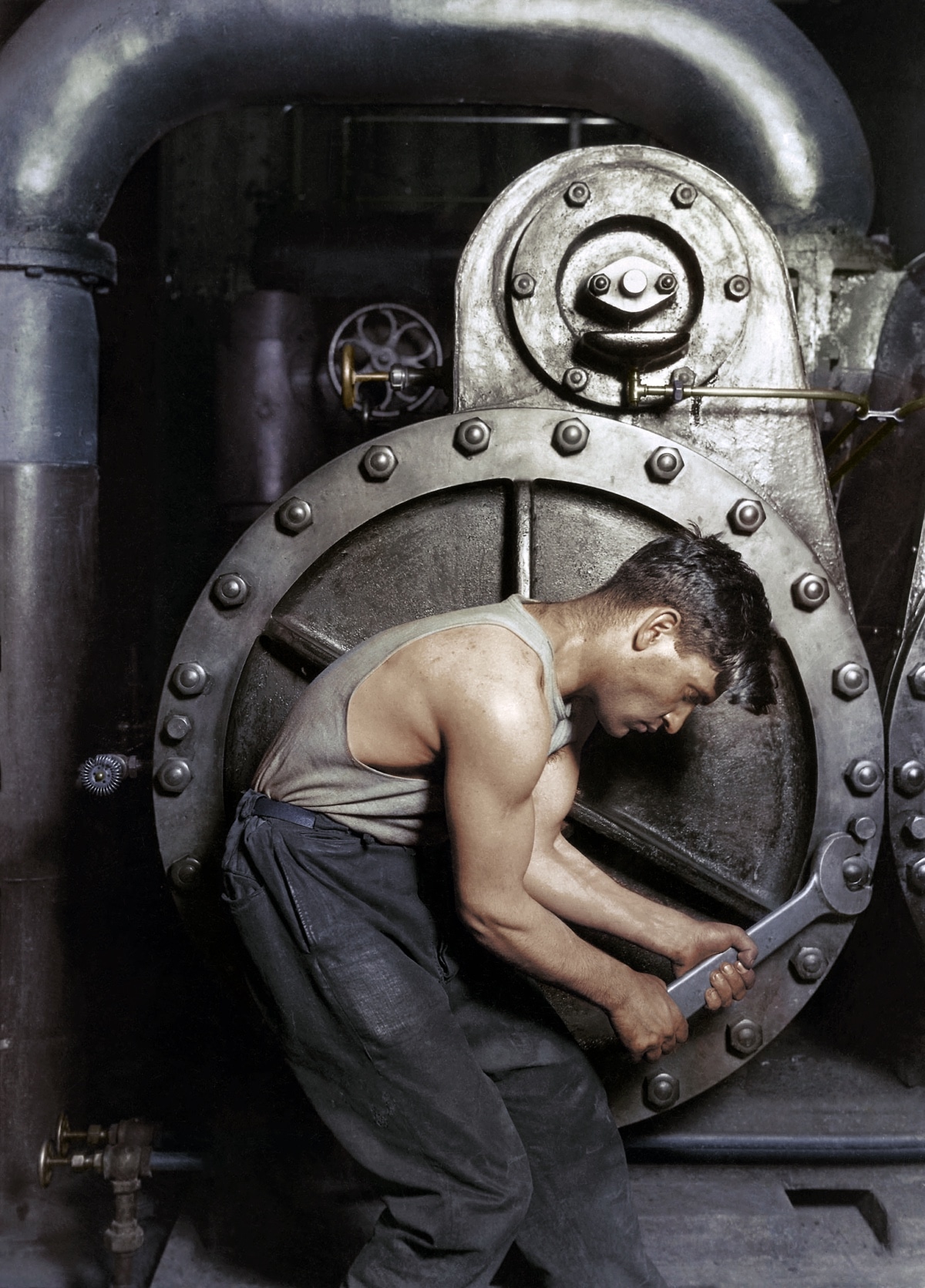
Powerhouse mechanic working on a steam pump, 1920. (Photo: Lewis Hine/WPA)
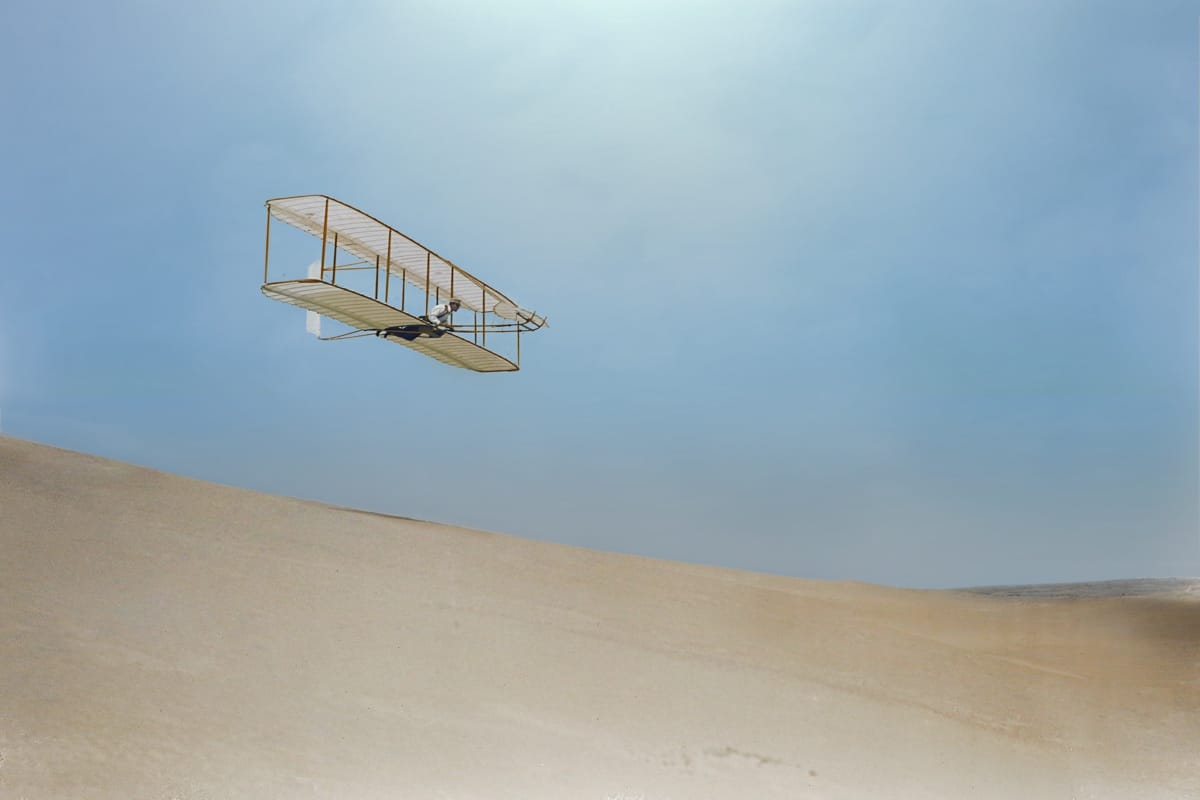
Wilbur Wright pilots a full-size glider in Kitty Hawk, North Carolina, on October 10, 1902. (Photo: Library of Congress)
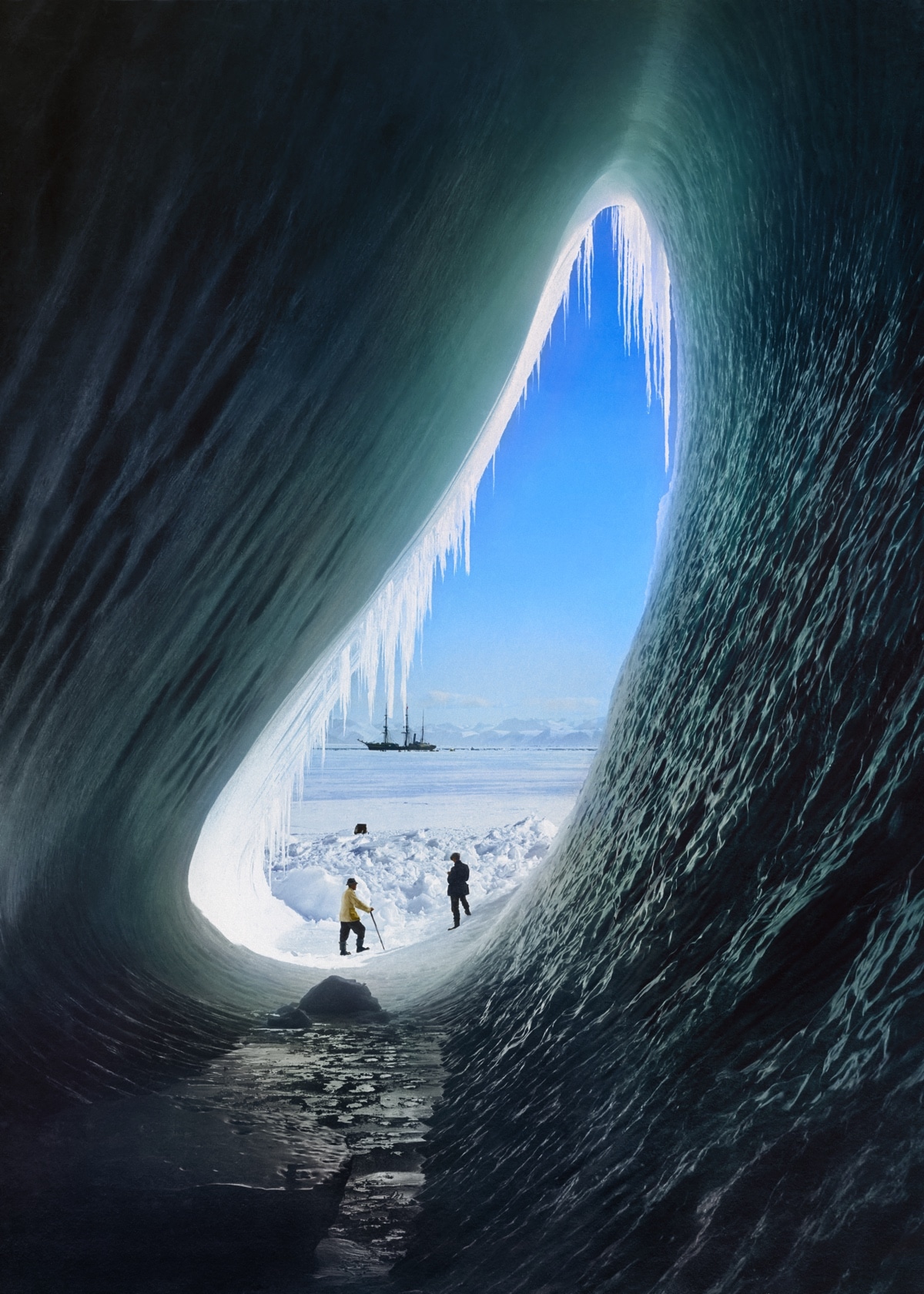
Ice grotto in Antarctica, 1911. (Photo: Herbert Ponting/Photographic Archive, Alexander Turnbull Library)

A Douglas SBD “Dauntless” dive bomber balances on its nose after crash landing on a carrier flight deck in the Pacific, 1943. (Photo: Library of Congress)
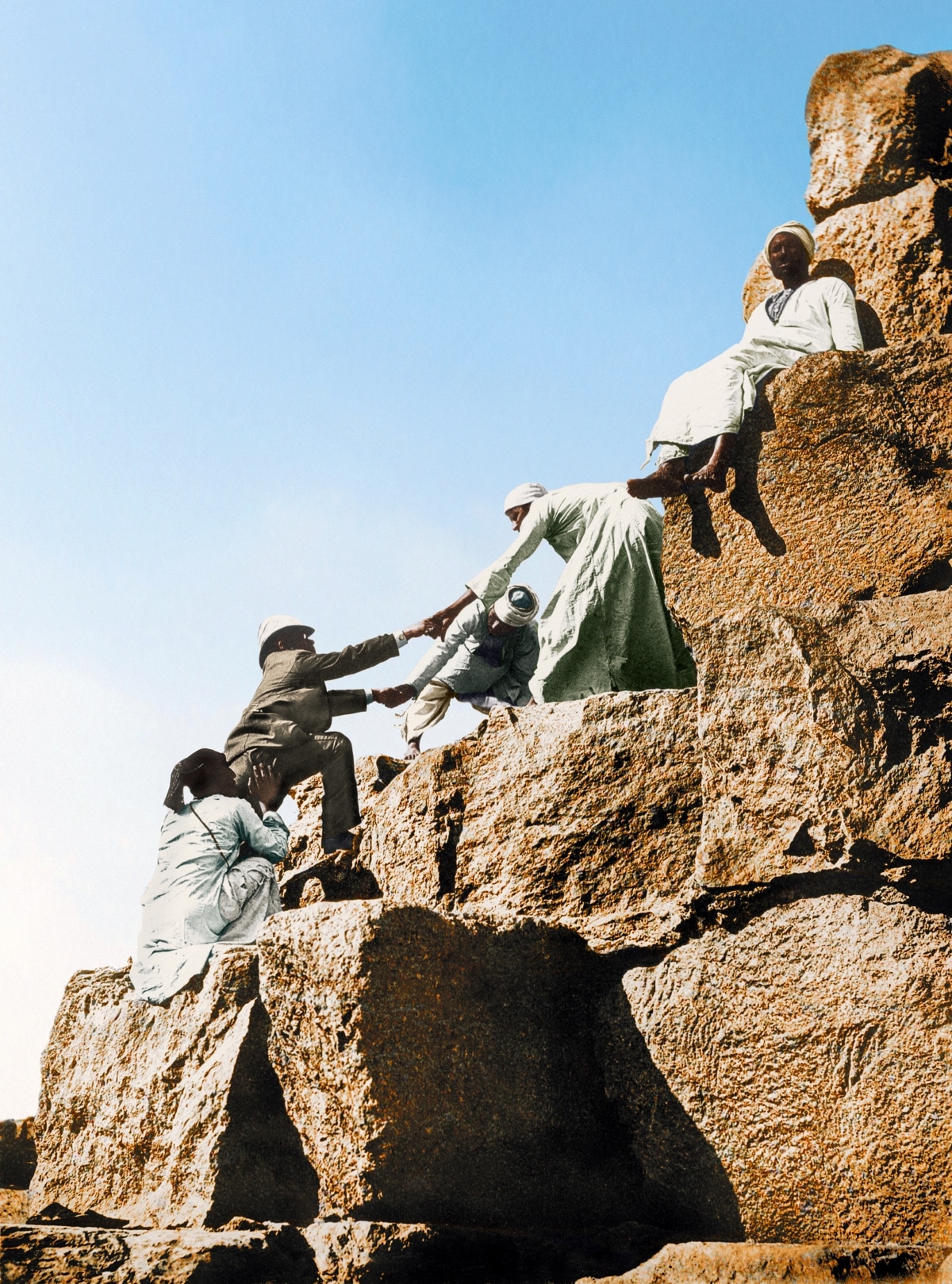
Climbing the Great Pyramid of Giza, between 1867 and 1899. (Photo: Maison Bonfils/Library of Congress)
The Paper Time Machine is a collection of 124 historic images that have been colorized after painstaking historic research.
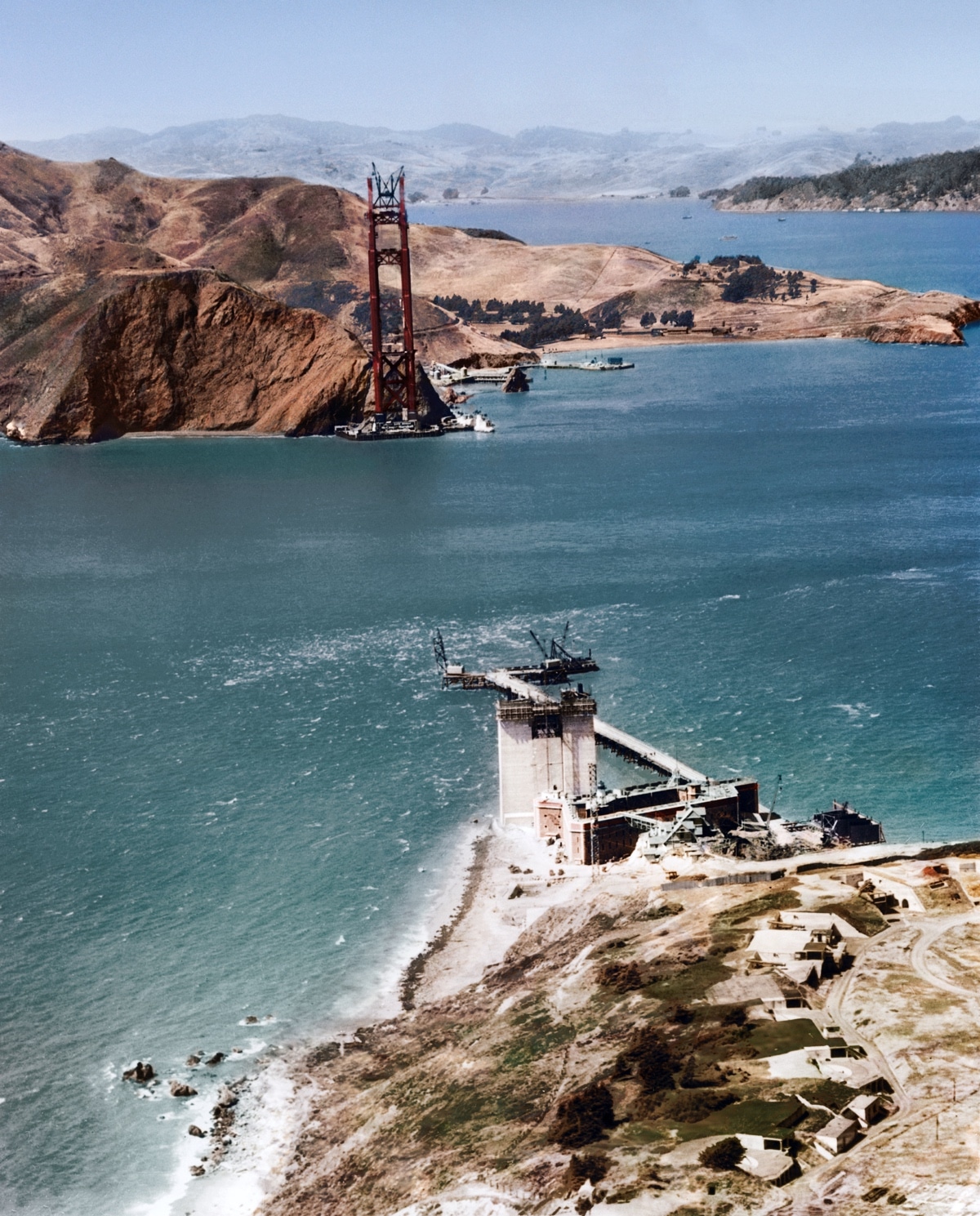
The Golden Gate Bridge under construction in 1934. (Photo: Library of Congress)
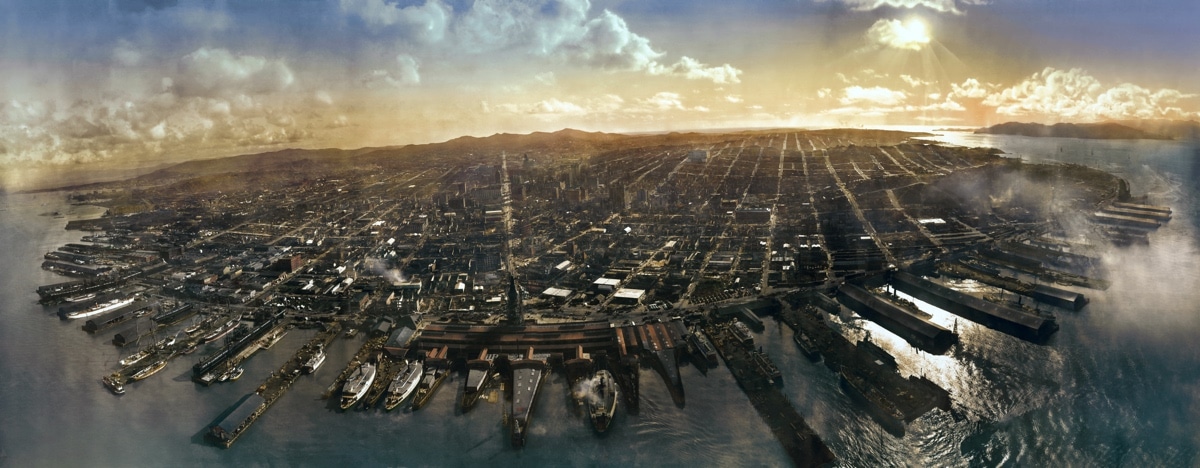
San Francisco about six weeks after the San Francisco earthquake and fire, 1906. (Photo: Library of Congress)
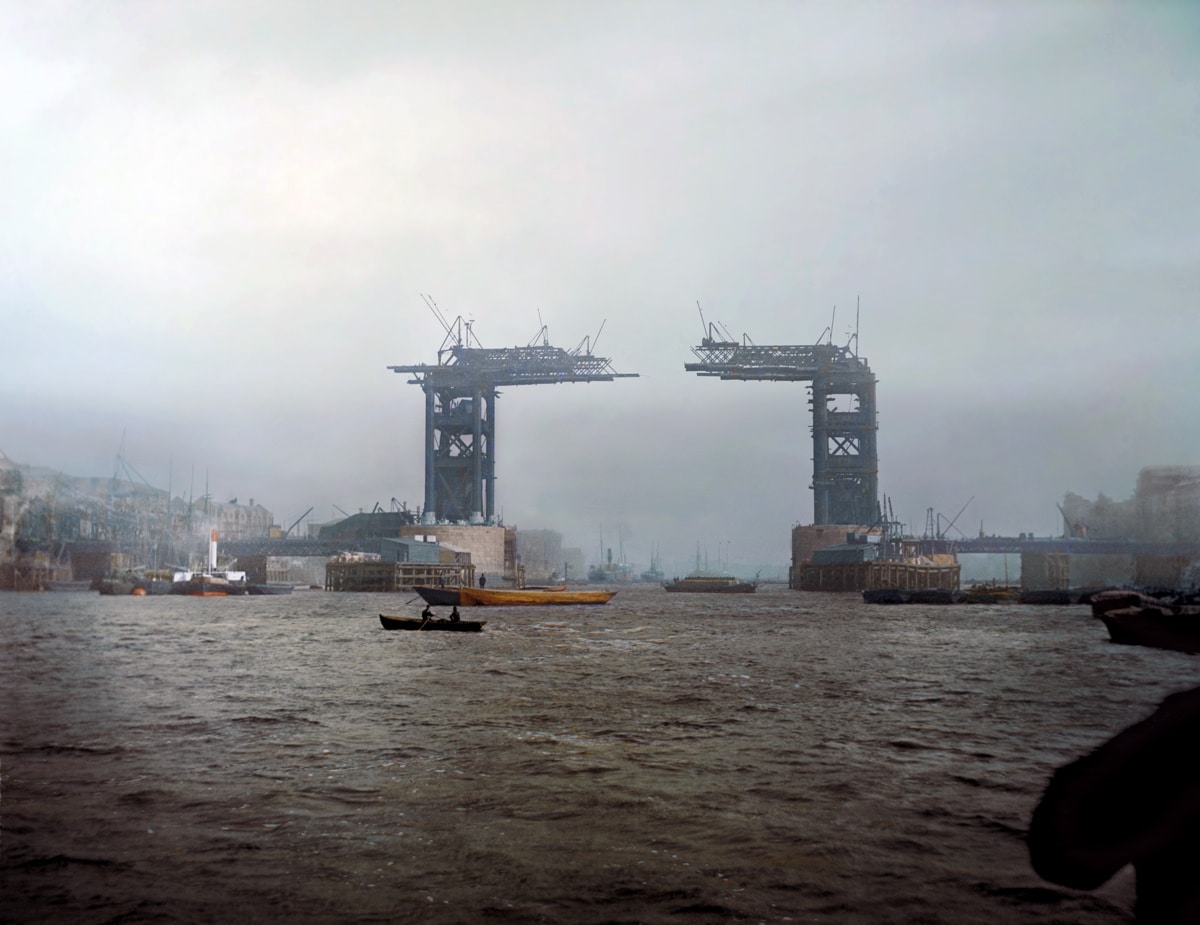
Tower Bridge in London under construction in 1889. (Photo: English Heritage/Getty Images)
Among the images included is a set of early 20th century photos of immigrants taken on Ellis Island.
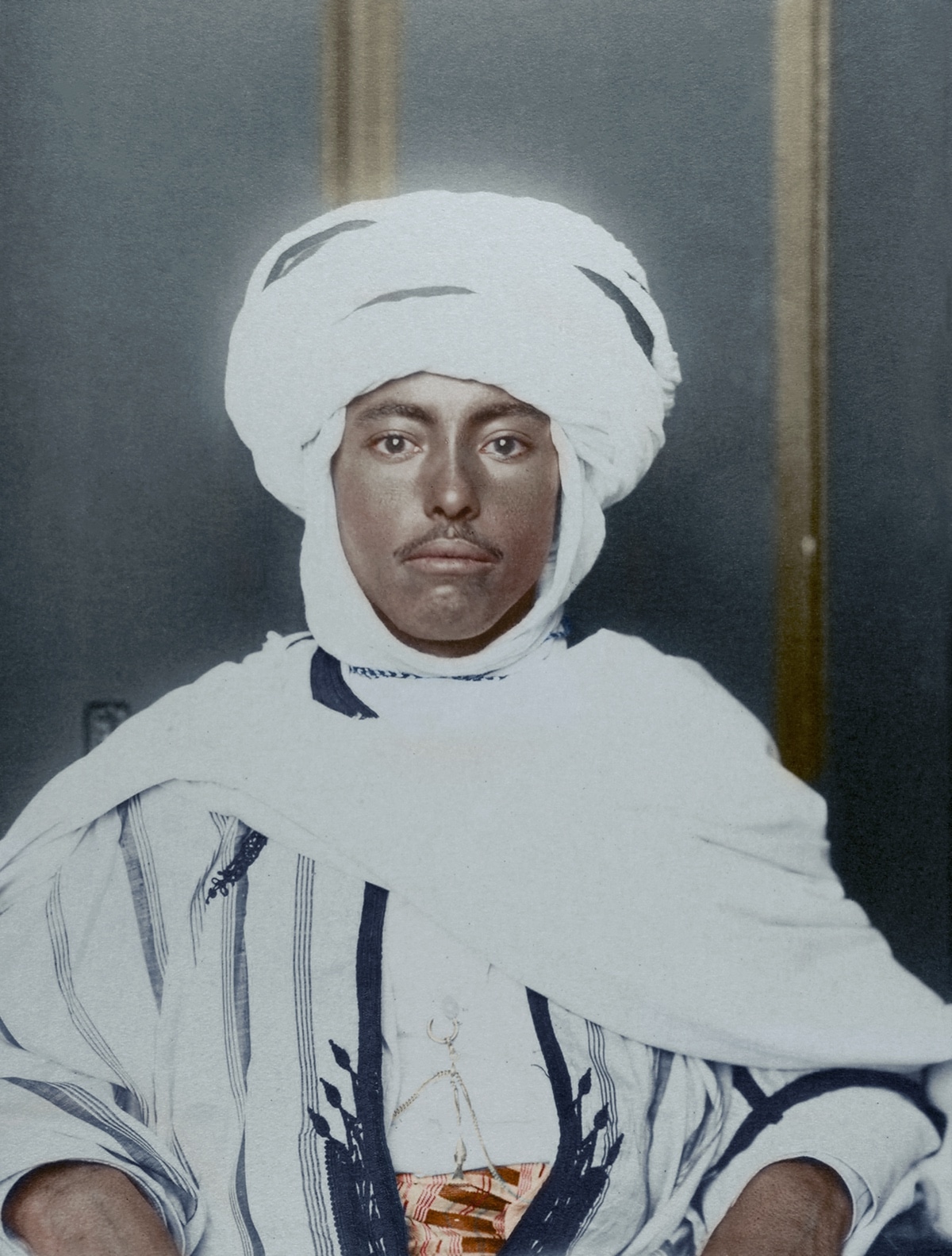
Algerian man at Ellis Island circa 1910. (Photo: Augustus Francis Sherman/New York Public Library)
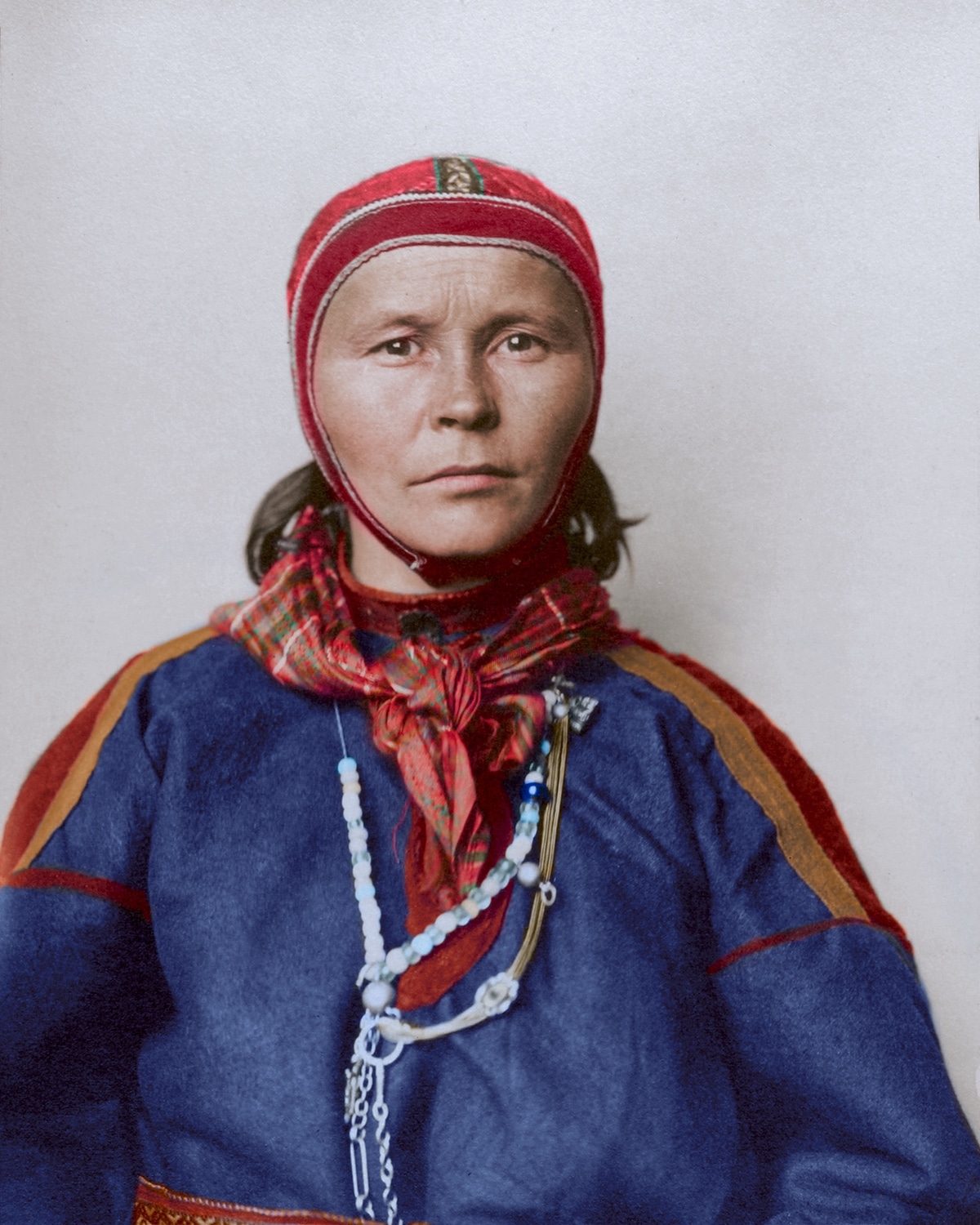
A Laplander at Ellis Island, ca. 1910 (Photo: Augustus Francis Sherman/New York Public Library)
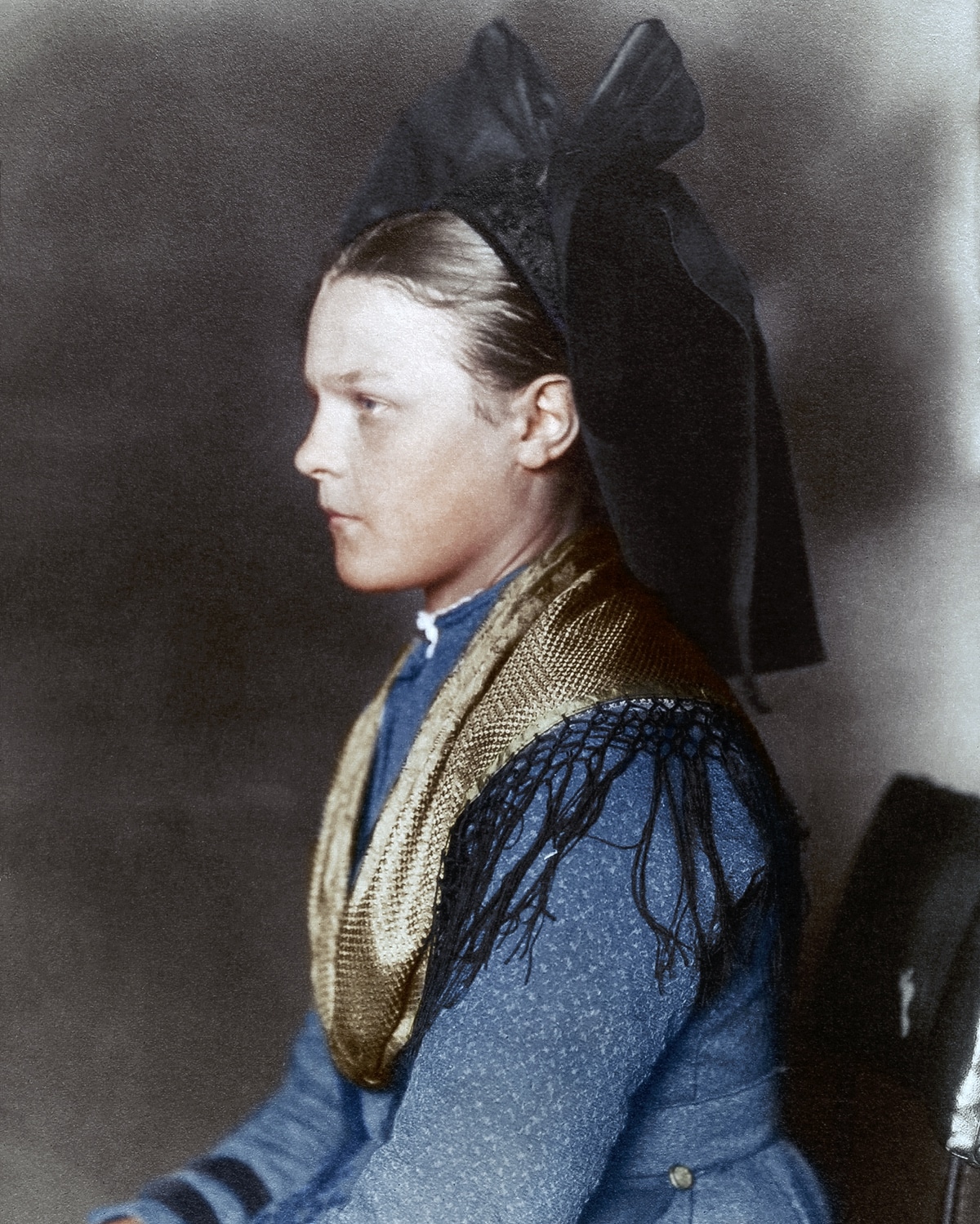
An Alsace-Lorraine girl circa 1906 at Ellis Island. (Photo: Augustus Francis Sherman/New York Public Library)
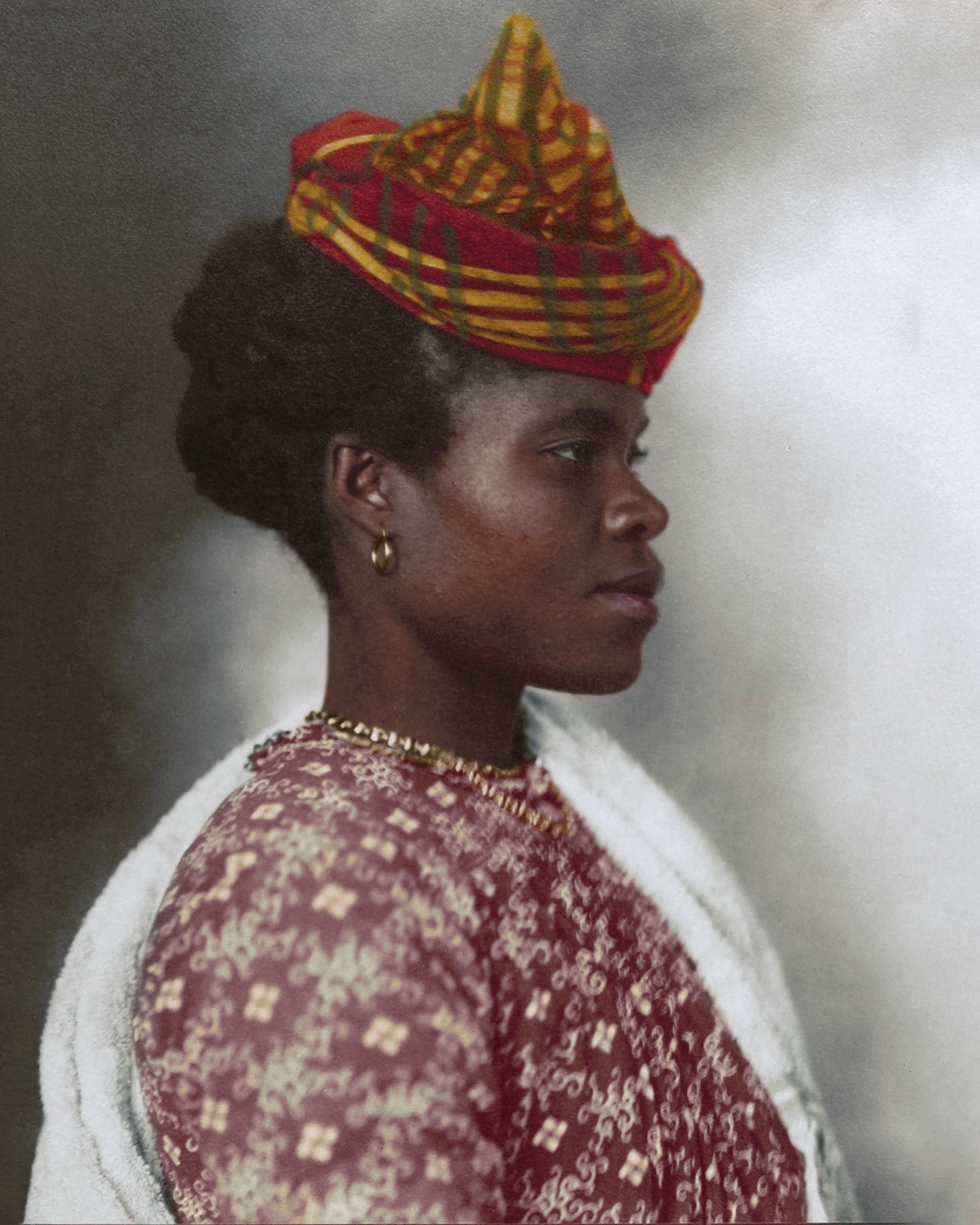
A Guadeloupean woman at Ellis Island circa 1911. (Photo: Augustus Francis Sherman/New York Public Library)
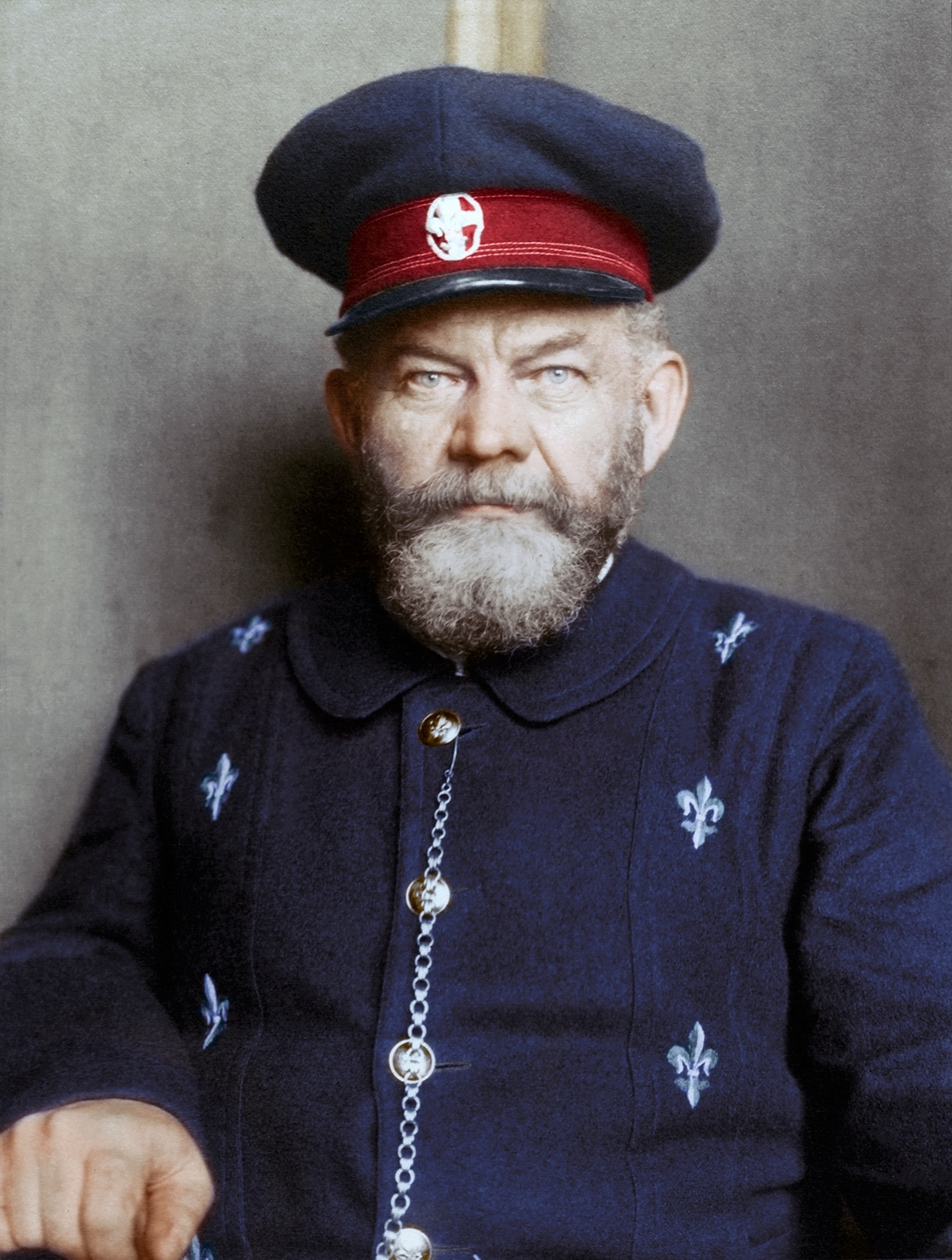
A Danish man at Ellis Island in 1909. (Photo: Augustus Francis Sherman/New York Public Library)
The publication is a breathtaking look at how the world has unfolded since the advent of photography.
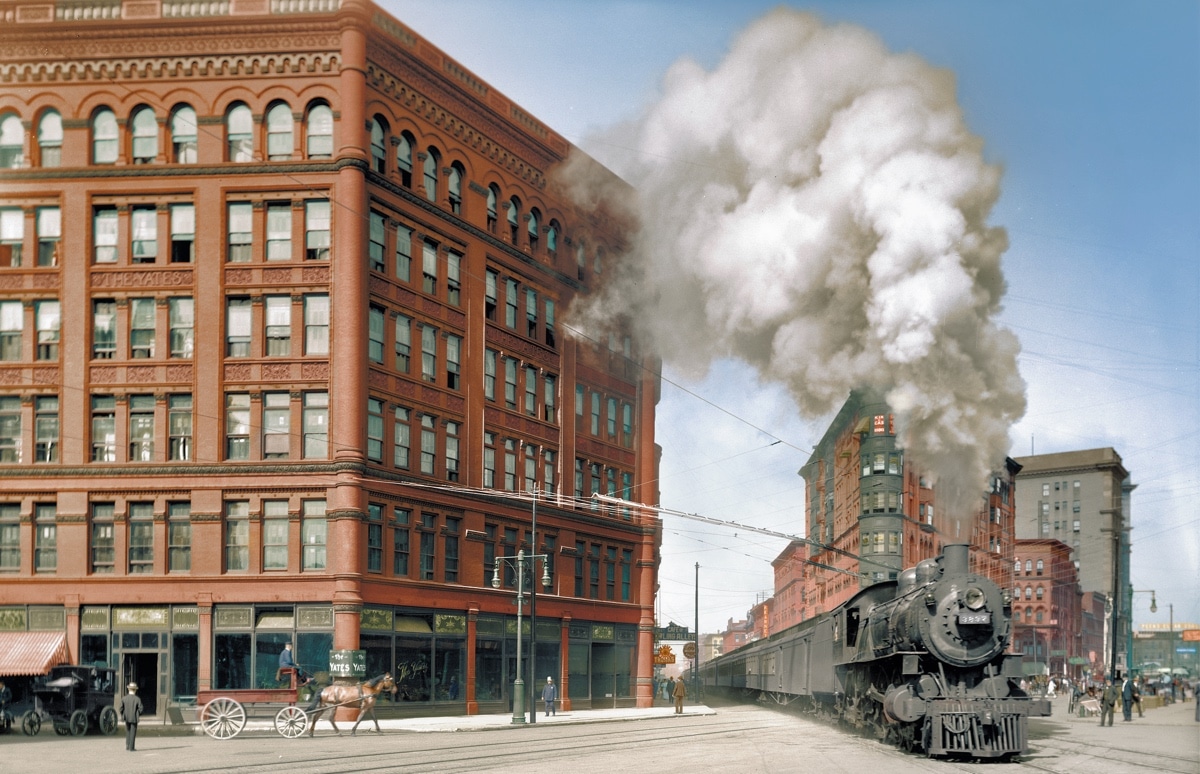
The “Empire State Express” (New York Central Railroad) passes through Washington Street, Syracuse, New York, 1905. (Photo: Library of Congress)
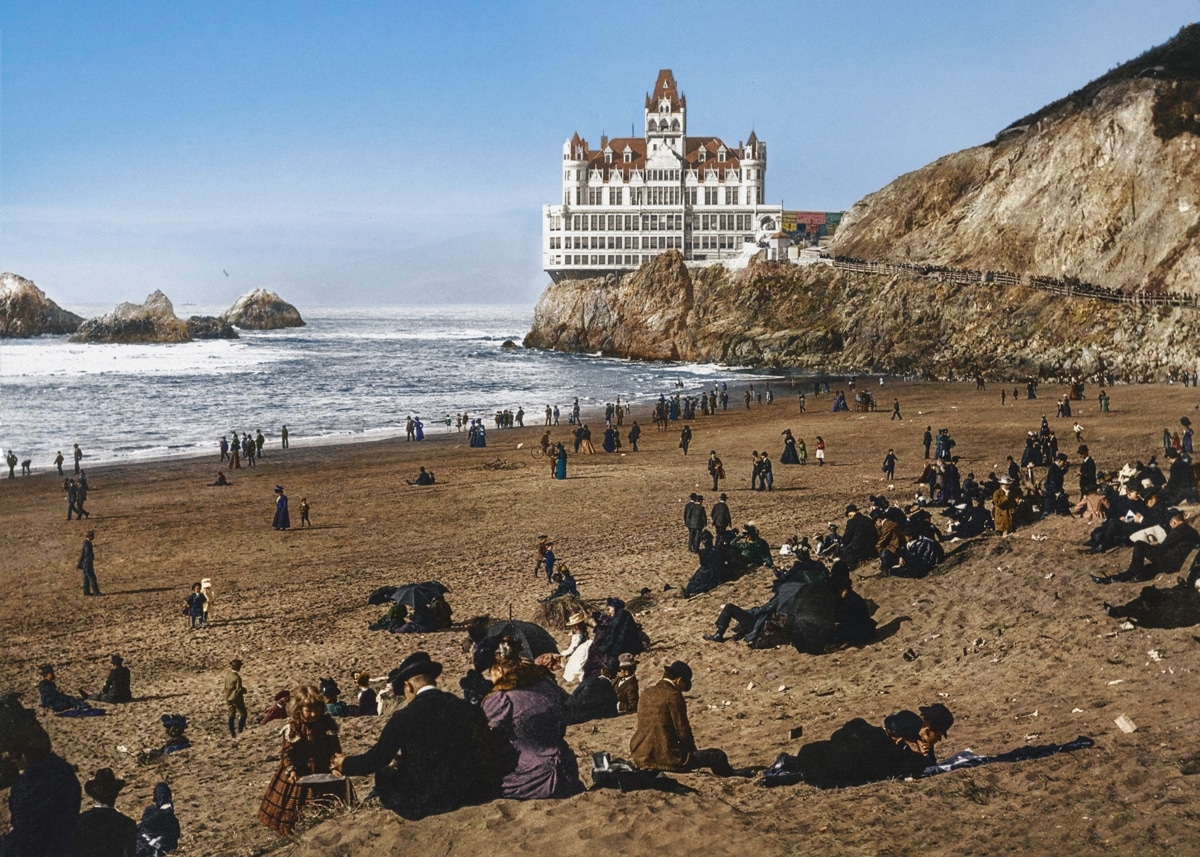
The beach and Cliff House, San Francisco, circa 1902. (Photo: Library of Congress)
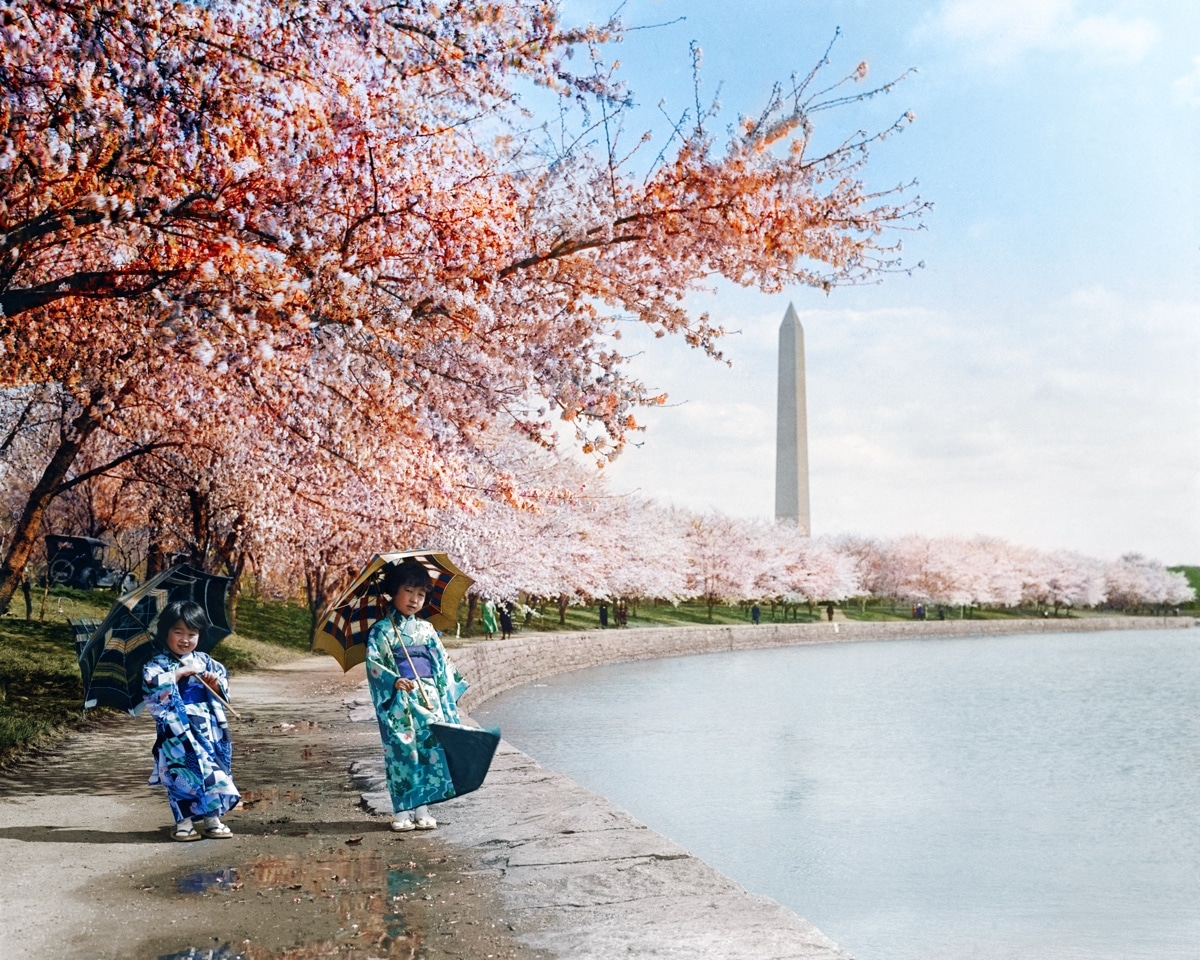
Sumi and Sada Tamura, daughters of Mr. Teijiro Tamura, former Third Secretary of the Japanese Embassy in the United States in Washington, D.C., 1925. (Photo: Library of Congress)
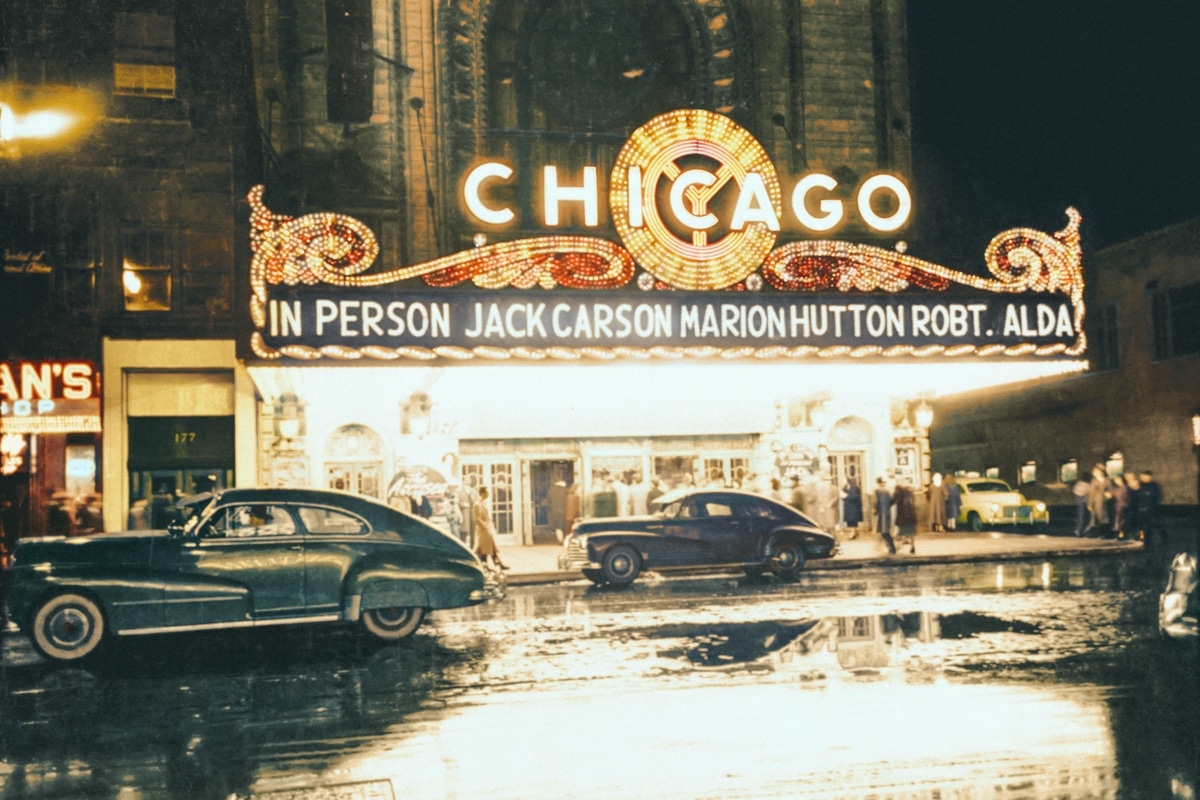
People arriving at the Chicago Theater in 1949, taken by 21-year-old Stanley Kubrick on assignment for Look magazine. (Photo: Stanley Kubrick/Look Magazine/Library of Congress)
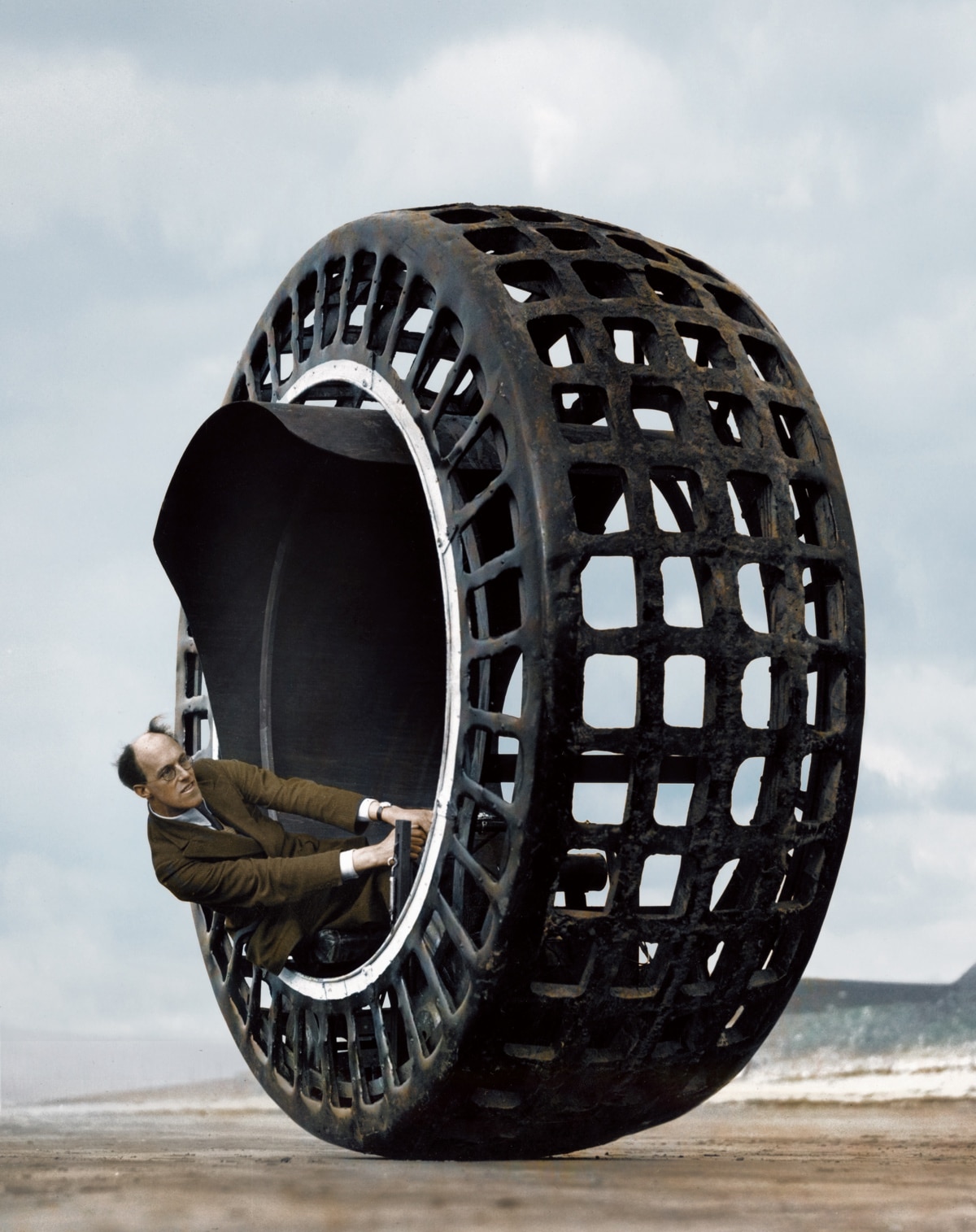
Inventor John Archibald Purves tests his Dynasphere at Weston-super-Mare in 1932,
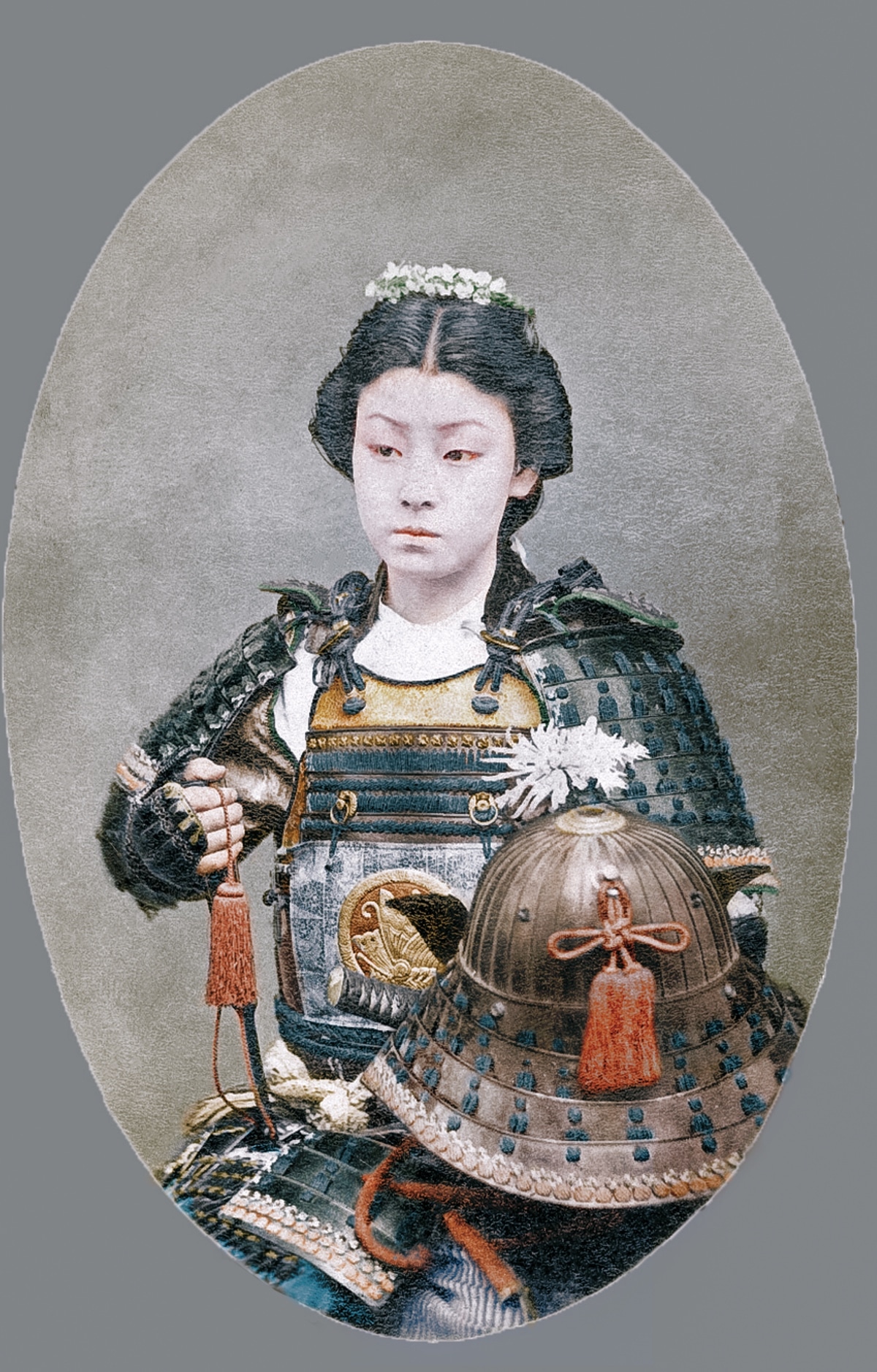
Female samurai, circa 1880.
